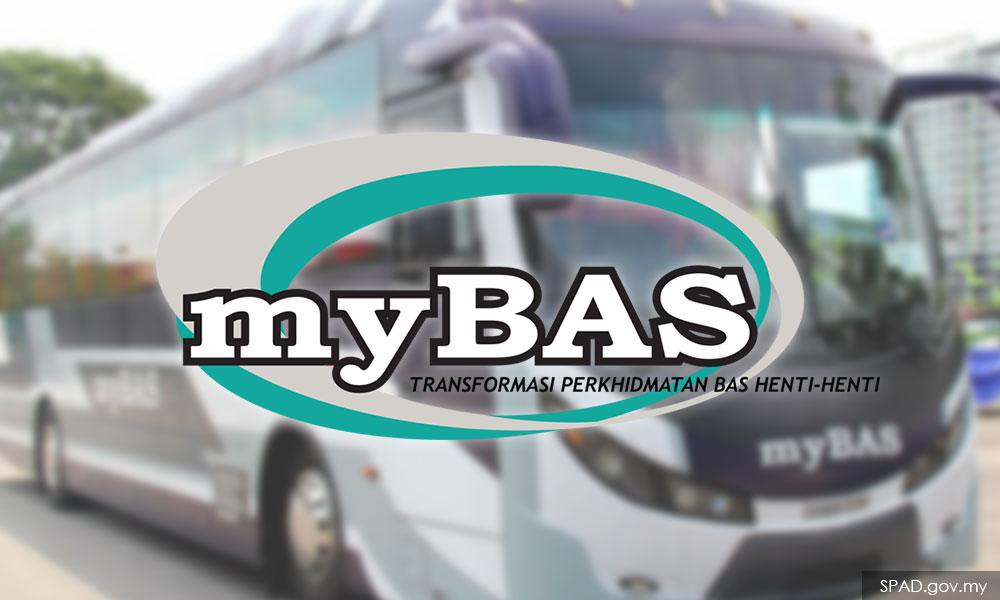
The standard of taxi service in a city was an accurate barometer of the local society but this changed with the advent of ride-hailing services using private cars thus nallowing interested members of the public to sign up and drive passengers for a fee.
In Malaysia, transformation of taxi service could only occur when local taxi companies and drivers discard old baggage to embrace the Taxi Transformation Plan unveiled by the Land Public Transport Commission (Spad) in 2013.
However, this was inadvertently accelerated after ride-hailing services were introduced to Malaysia in 2014 by Uber, followed by MyTeksi. In August 2016, Spad rolled out the Taxi Industry Transformation Plan, incorporating e-hailing services into the taxi industry.
Last July, amendments to the Land Public Transport (LPT) Act 2010 and the Commercial Vehicles Licensing Board (CVLB) Act 1987 were passed in the Dewan Rakyat, setting the course for the regulation and development of taxi and e-hailing services nationwide.
While the taxi industry is now more or less an open-and-shut case, the bus industry is an exact opposite. It is facing all kinds of headwinds, ranging from competing bus operators to other forms of cheap transportation such as e-hailing, trains and low-cost airlines.
But more frustrating are the challenges and restrictions imposed by the powers-that-be. While school, employee and excursion bus operators are besieged by distinct issues, none are more problematic than express and stage bus companies.
However, the door to a much healthier express bus industry could easily be opened. The key is deregulating fares, which was done for school buses in 2015. Fares and charter rates for employee and excursion buses were never regulated, and rightly so.
Deregulating express bus fares would unshackle existing operators to choose the type of service they wish to provide, much like hotels offering one to five star accommodations. Although quality and price may differ, they are all safe for guests.
In a free market, some bus operators would choose to operate like AirAsia on land, opting for no-frills and charging fares below the current regulated rate. Others may prefer to cater the ultra-luxury niche market, which is not feasible as long as express bus fares are capped.
It is no surprise that little has changed over the years with our express bus service, and the industry suffers a bad rap whenever a bus overturns or collides. Such accidents bring great shame to the owners instead pride, as buses are like moving billboards.
As for stage bus companies, there are in the doldrums. Without the Interim Stage Bus Support Fund (SBSF) to subsidise operations, remaining operators would have joined others that have closed shop, as they are obligated to run both profitable and unprofitable routes to serve the public.
Some of them also compete with government-run bus companies like Rapid Bus, and jostle for waiting space at shared bus stands. It was a big blow to both taxi drivers and stage bus companies with the introduction of free bus service on Aug 31, 2012 when GoKL was launched.
No doubt, many Malaysians and tourists benefited from the service, but they were often displaced by hordes of foreign workers overcrowding the city on Sundays and holidays. While the service is popular with passengers, it is not for the vast majority of Malaysians that don’t use it.
But the value of providing free service to the rakyat is not lost on the Selangor Government, which introduced free bus serviceS in Shah Alam, Subang and Klang from July 2015.
It did not stop there but went all out to expand THE service, obliterating private stage bus companies along the way.
By last September, the 100th Smart Selangor bus route was launched and earned a place in the Malaysia Book of Records.as "Most Number of Free Shuttle Bus Services Provided by a State Government”.
The number of passengers ferried were 546,661 in 2015, 4,163,654 in 2016, and 6,024,044 for the first eight months of last year. The total cost from July 2015 until August 2017 was RM42.53 million, with RM33.53 million paid by the state government and the balance by local authorities.
But it would have cost much lesser and saved millions of ringgit in taxpayers’ money by issuing bus cards to Malaysians who could apply and travel at a discount in normal stage buses, instead of running free buses, which are often more empty than full.
It would also help existing stage bus companies, as they could easily add more buses to their fleet to cope with any increase in demand. Selangor residents would be more appreciative of the state government each time they use their bus cards.
When service is free and available to everyone including foreign workers, the value depreciates, much like the air we breathe. But it is intoxicating to gain publicity by running free bus shuttle services all over the place, although a more efficient and cheaper alternative is available.
The final nail in the coffin for private stage bus companies would be driven in when federal and state governments use free bus services to compete in popularity, as the public would shun buses that charge fares, however affordable they may be.
If that were to occur, the demise of stage bus companies would be the result of over-politicking that had taken place. Sadly, the casualties would be many in the unbridled quest for popularity and power.
A saviour was introduced by Spad in the form of the Stage Bus Services Transformation programme, also referred to as myBAS. This business model allows stage bus operators to focus on running their buses efficiently without bearing other risks.
It was successfully rolled out in Kangar, Seremban, Ipoh and Kuala Terengganu but private stage bus companies in Greater Kuala Lumpur are left out and will grind to a halt without life support from SBSF.- Mkini



No comments:
Post a Comment
Note: Only a member of this blog may post a comment.